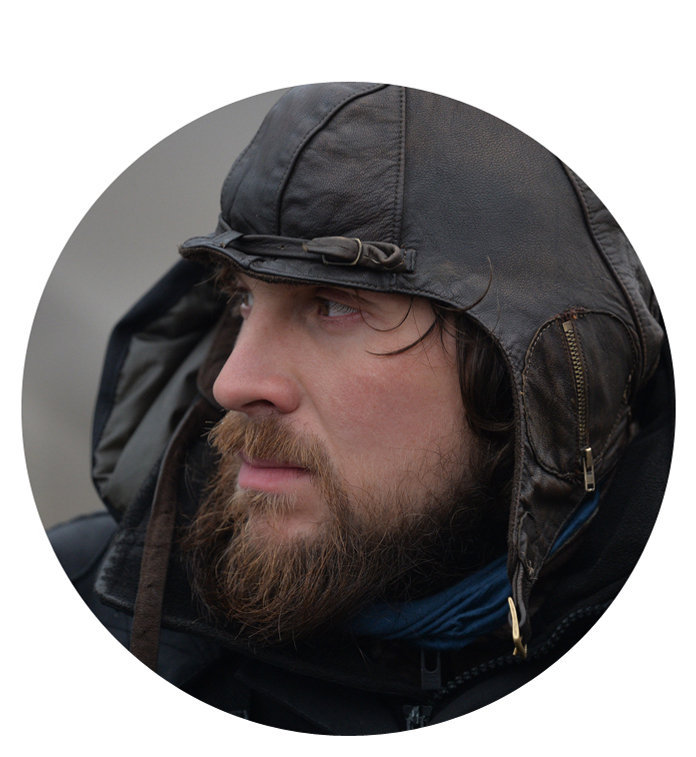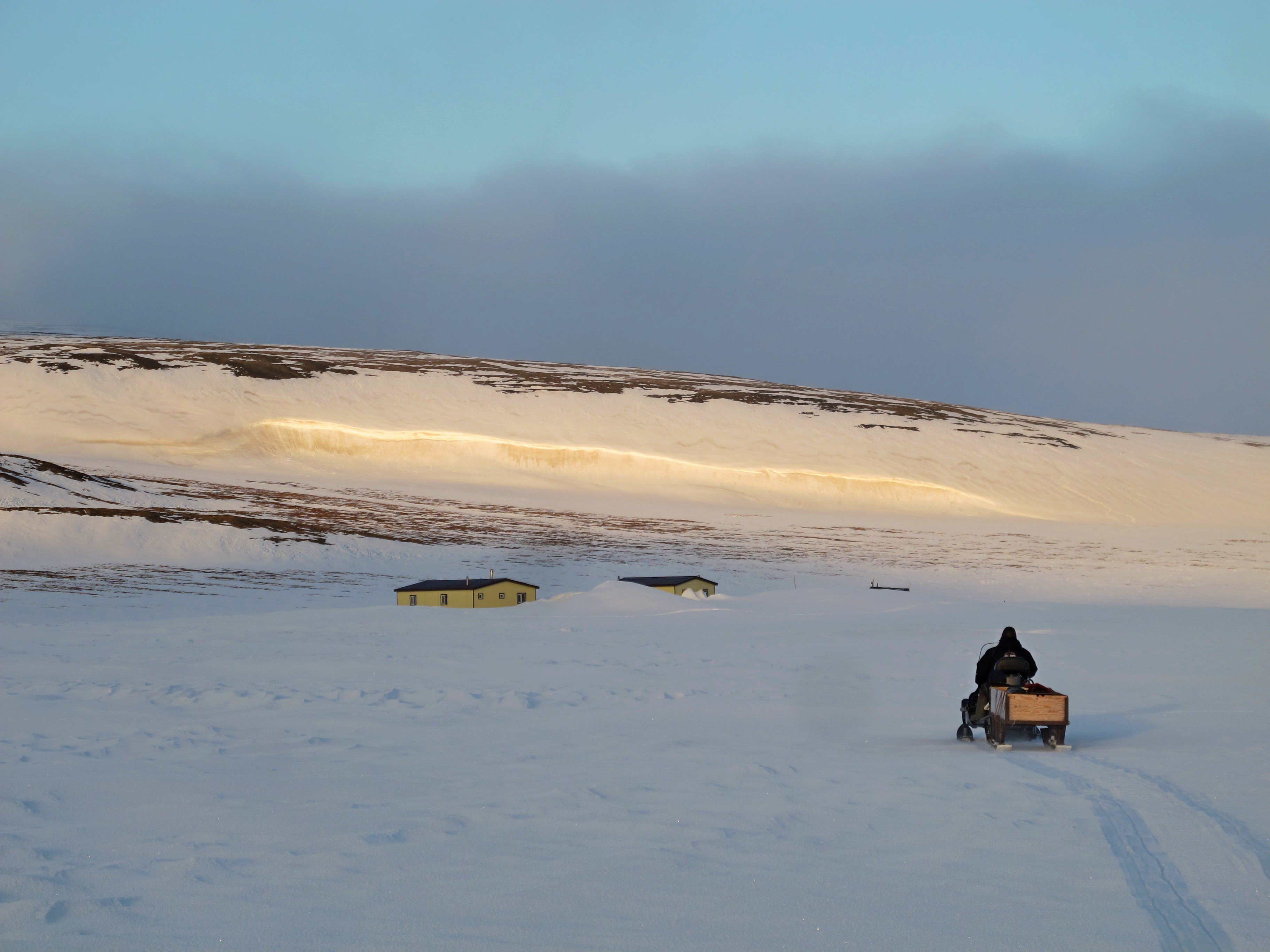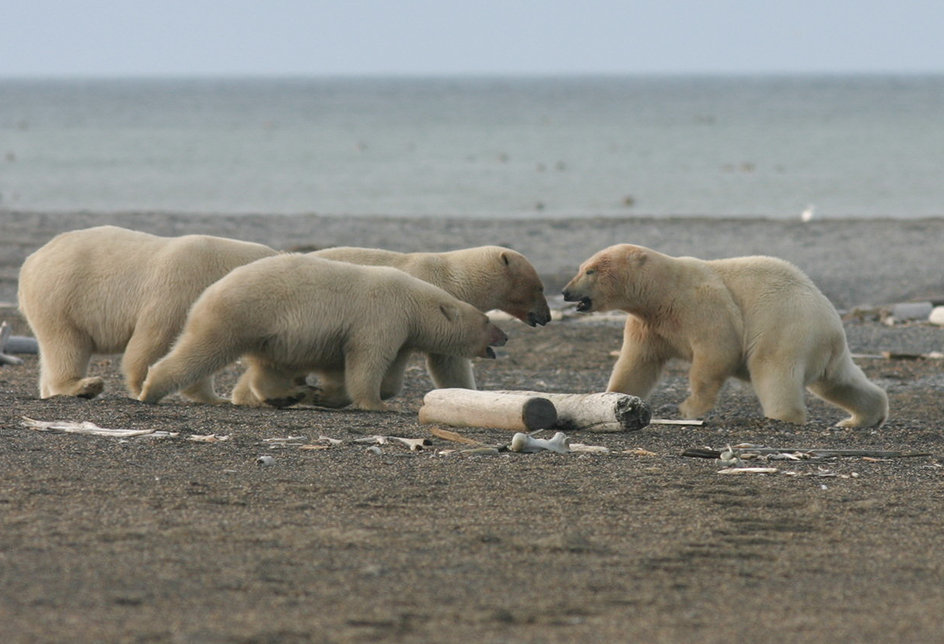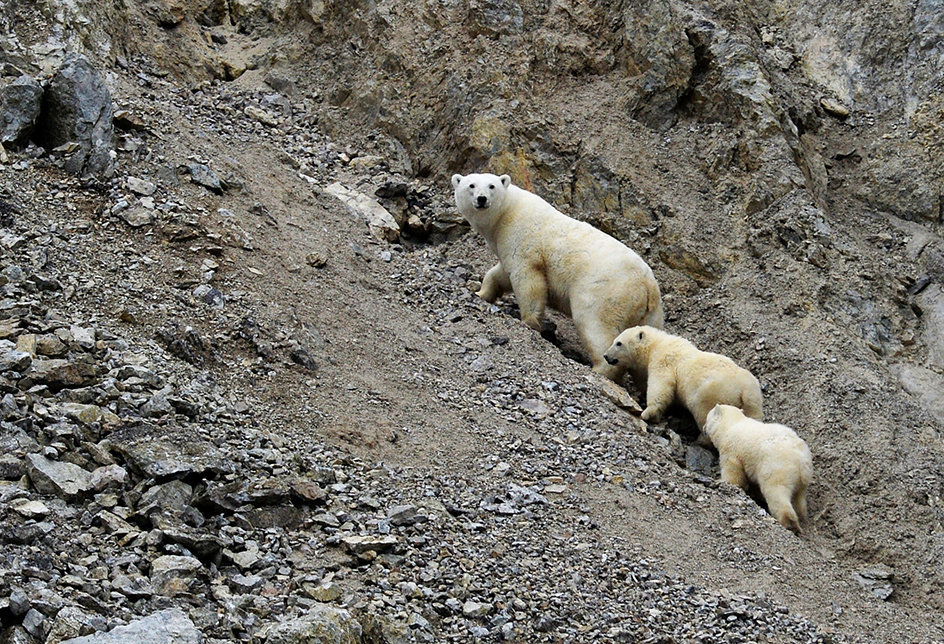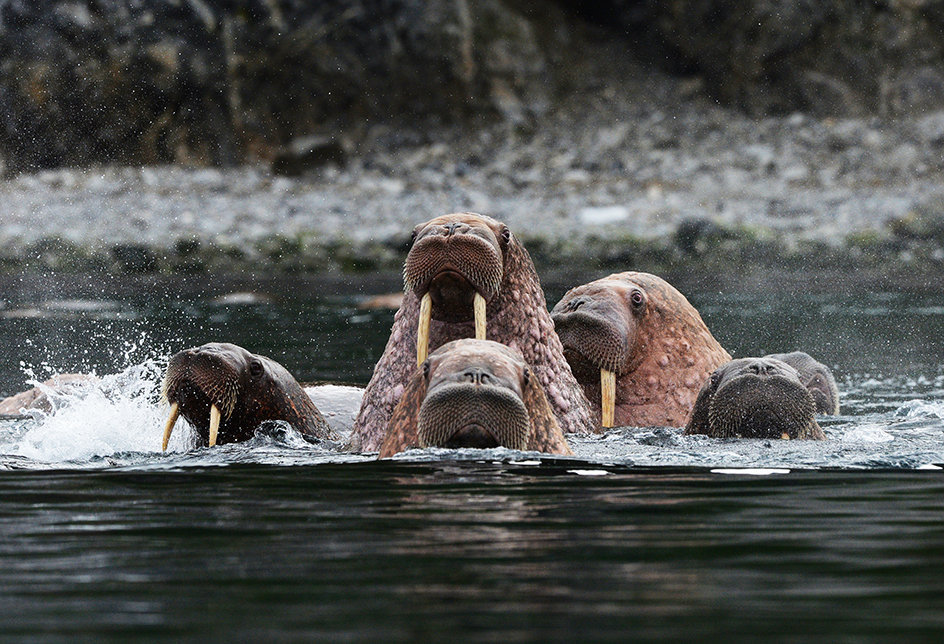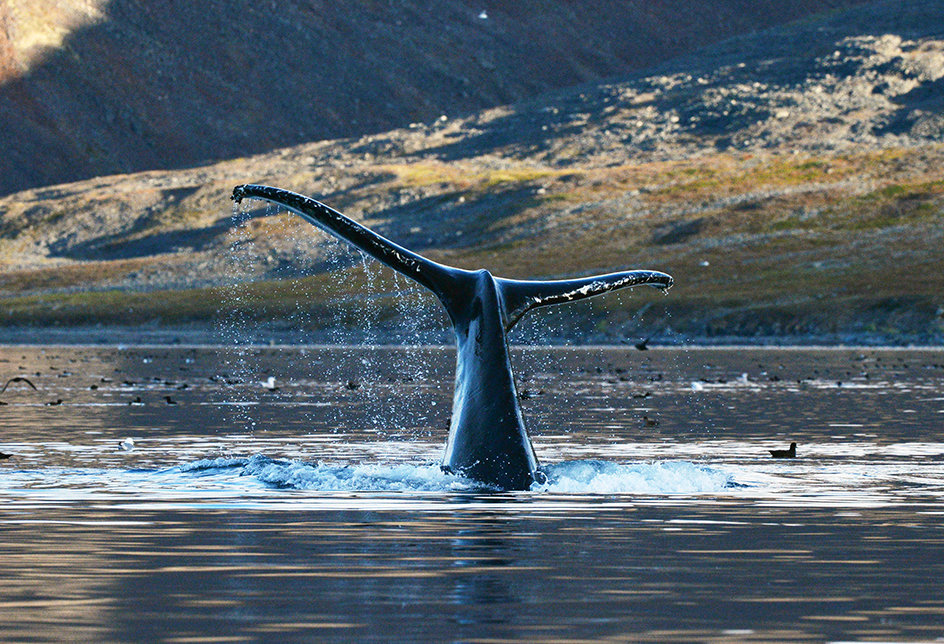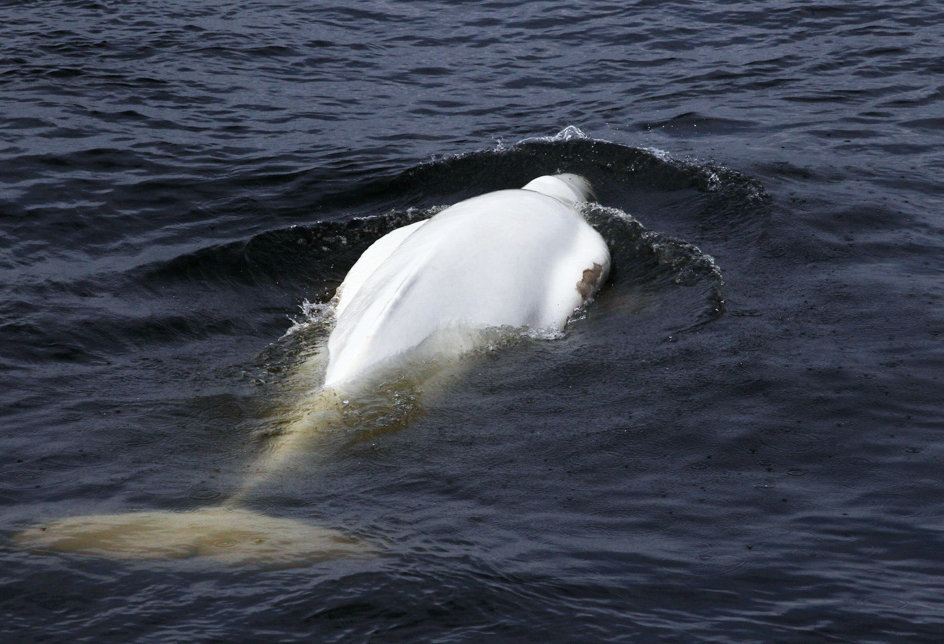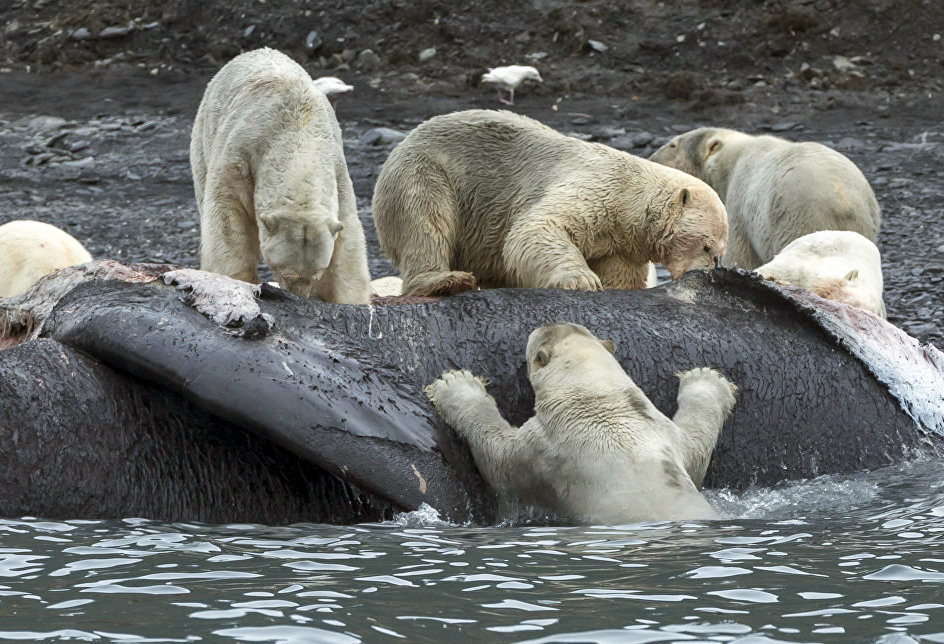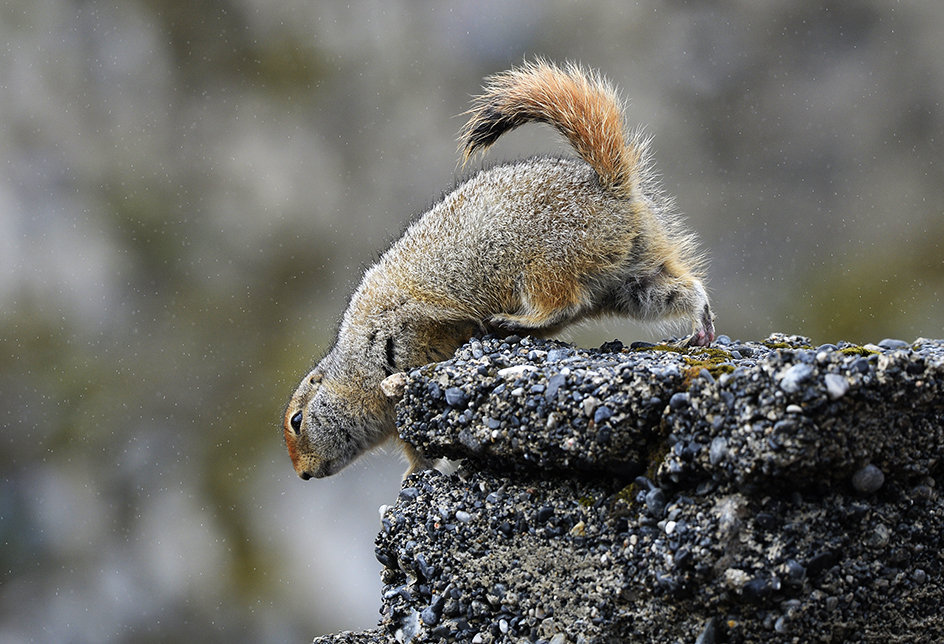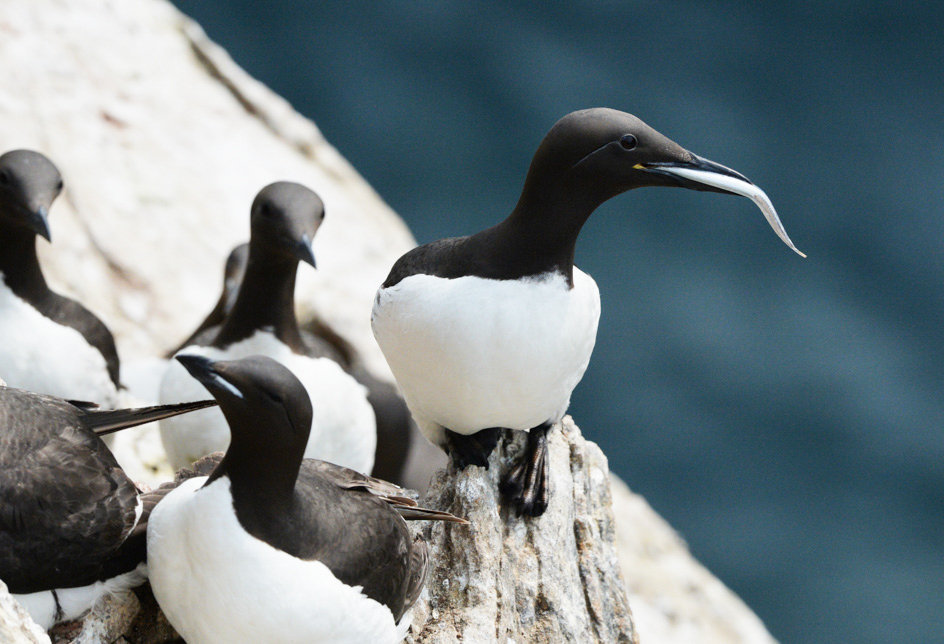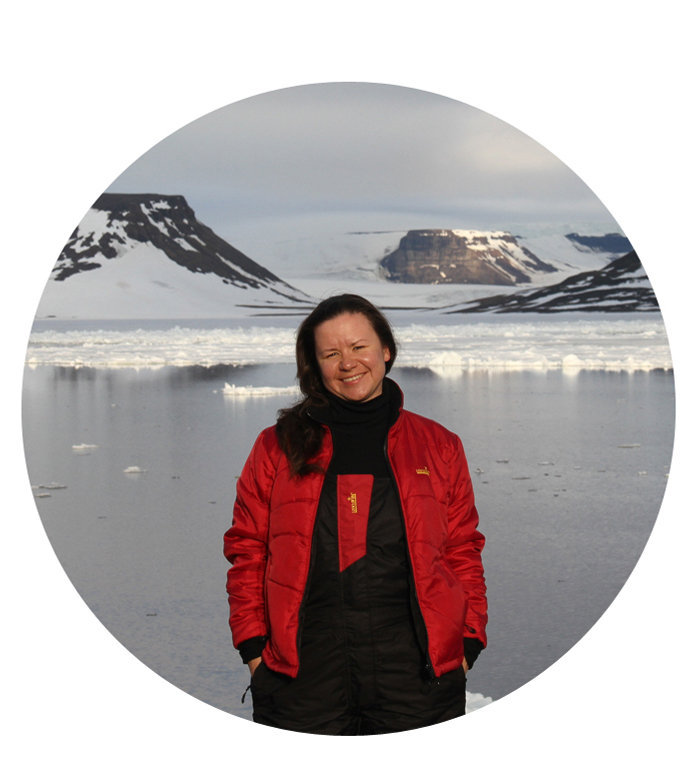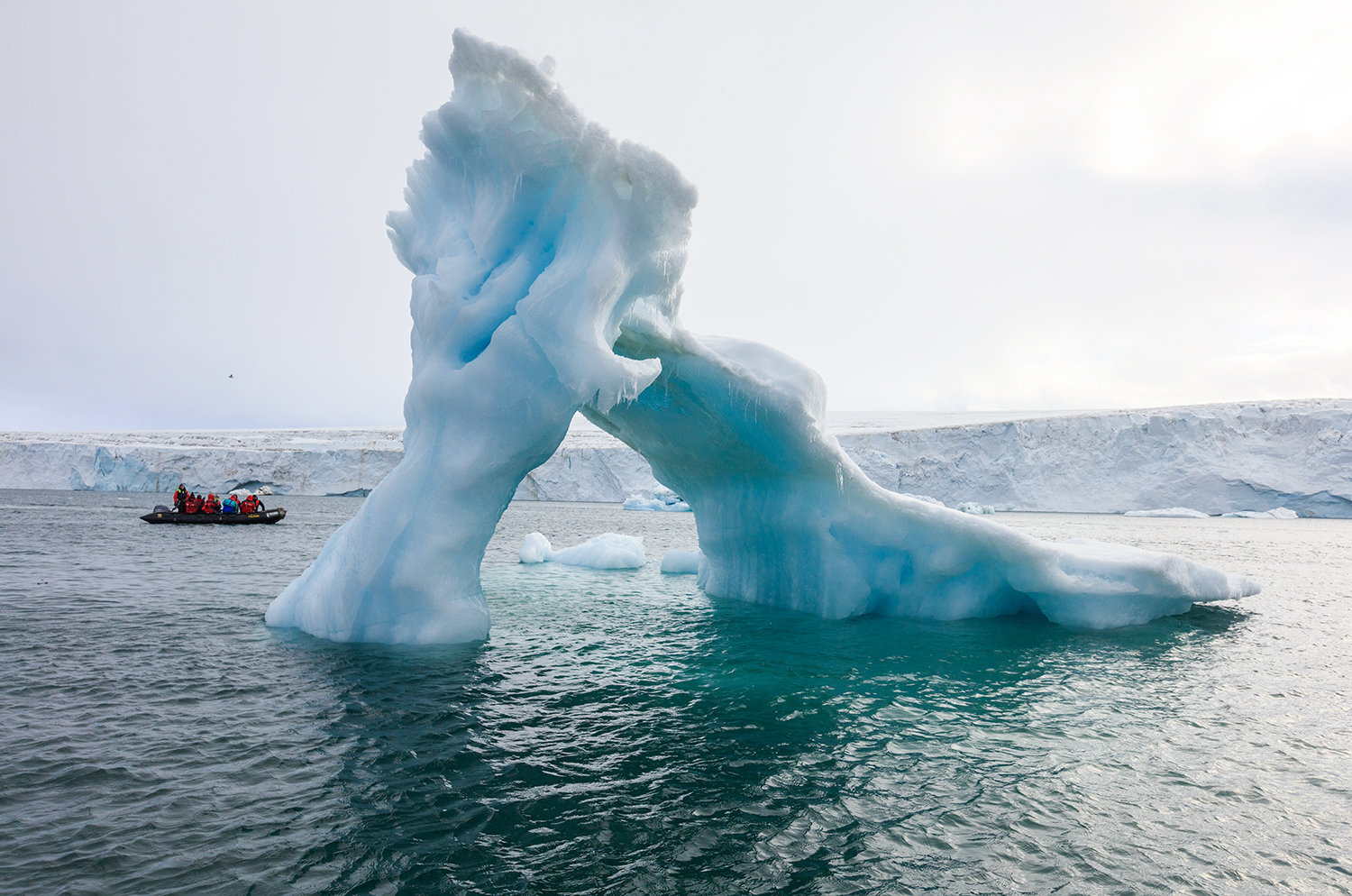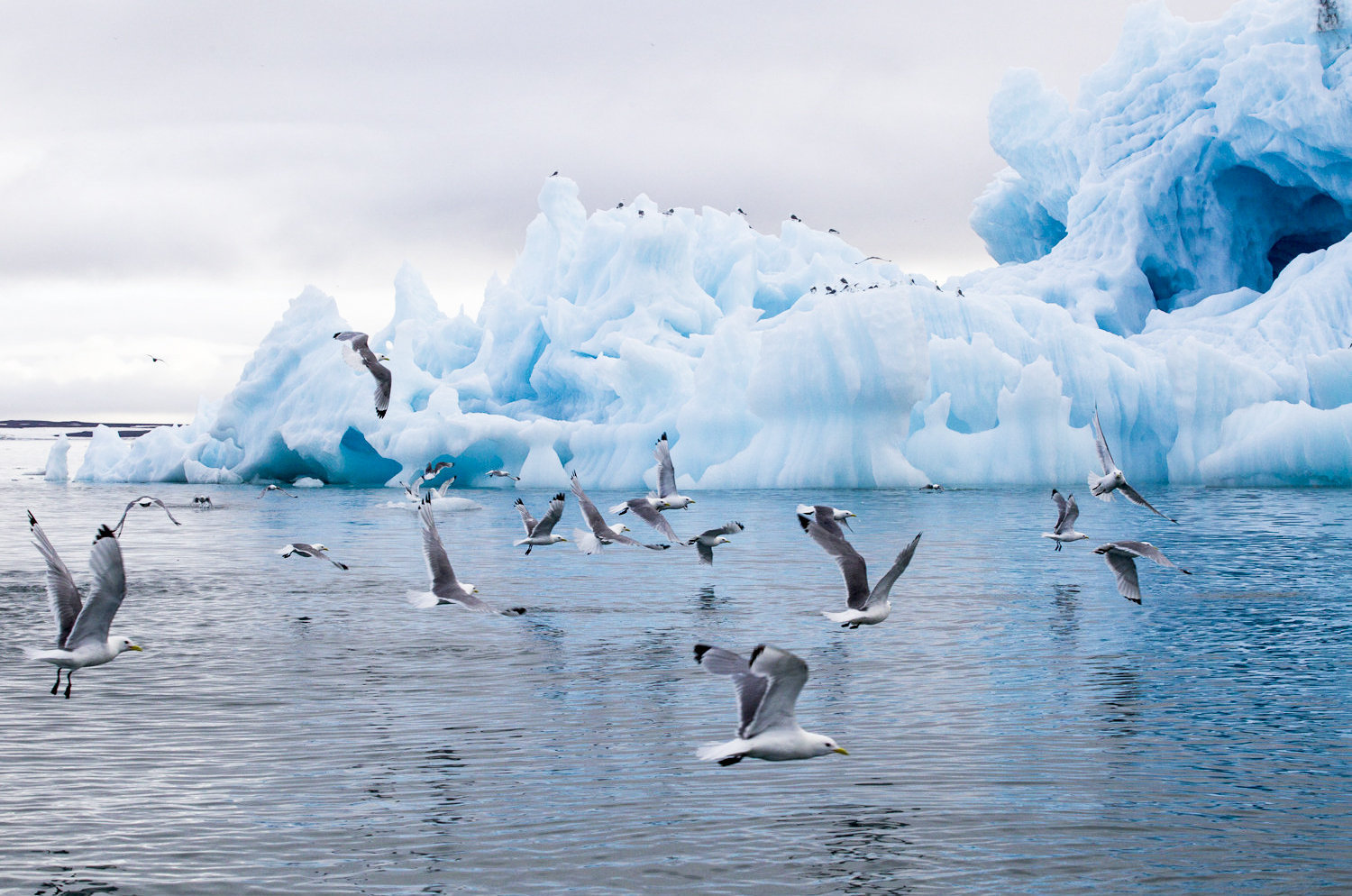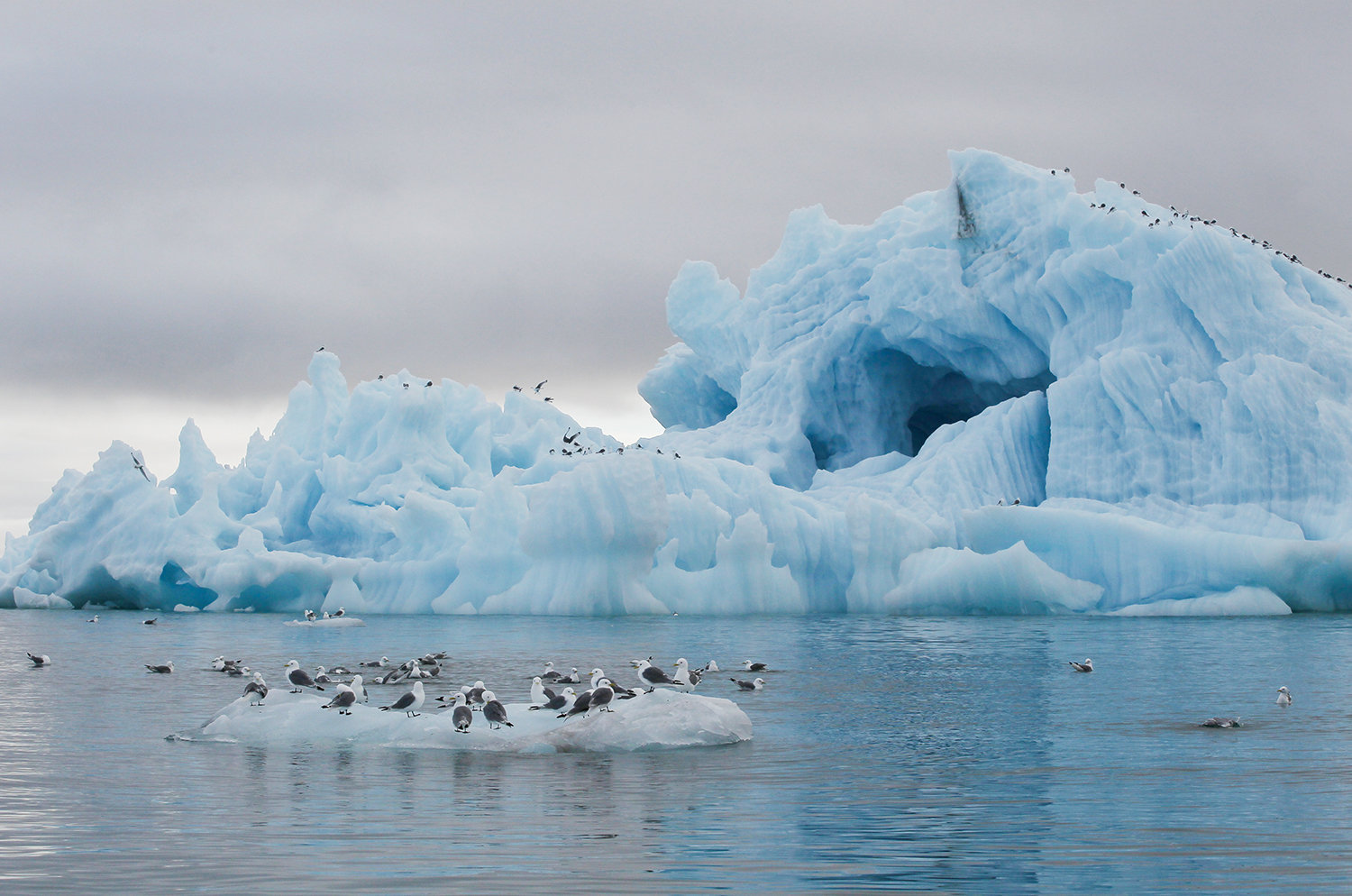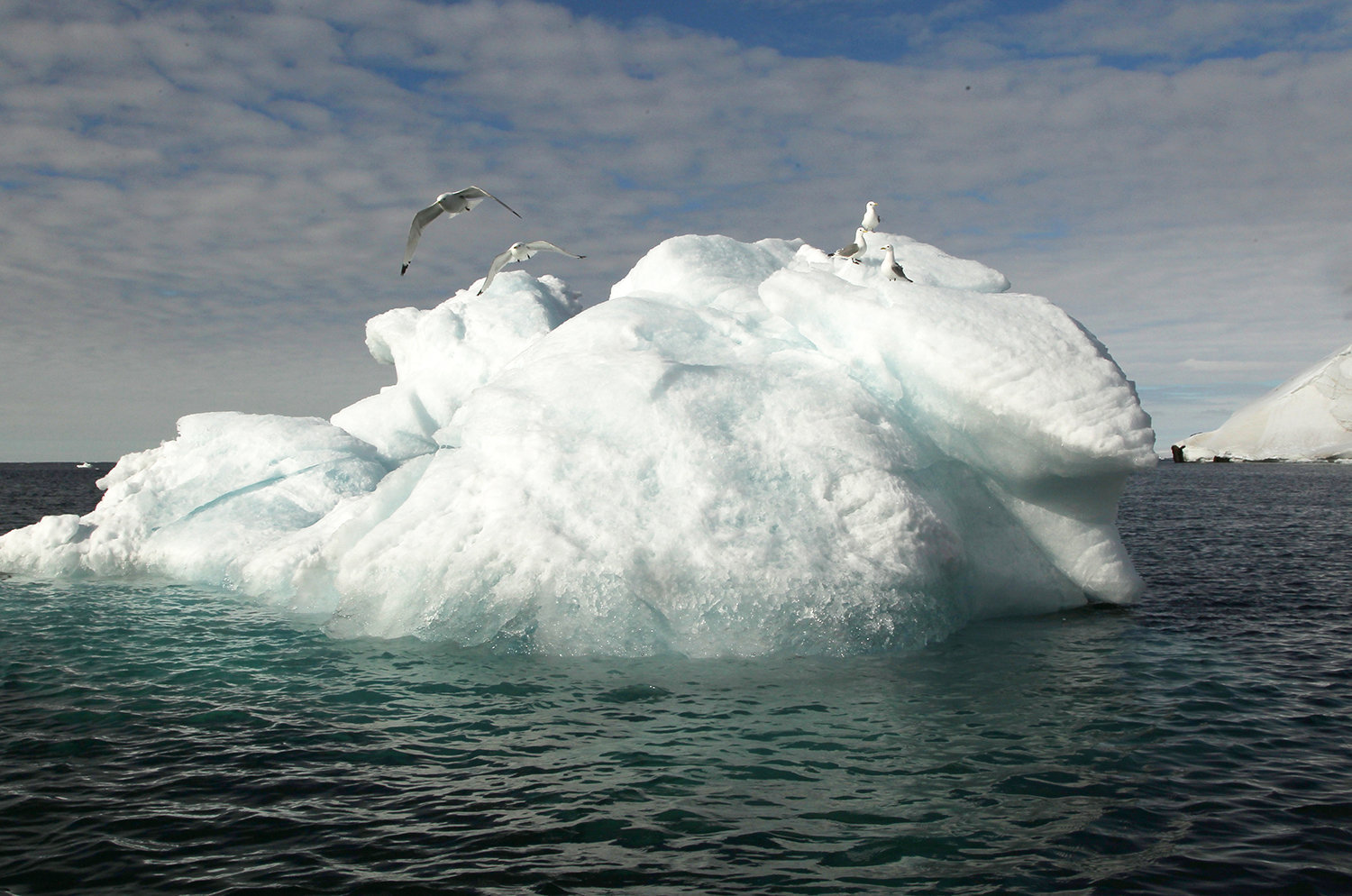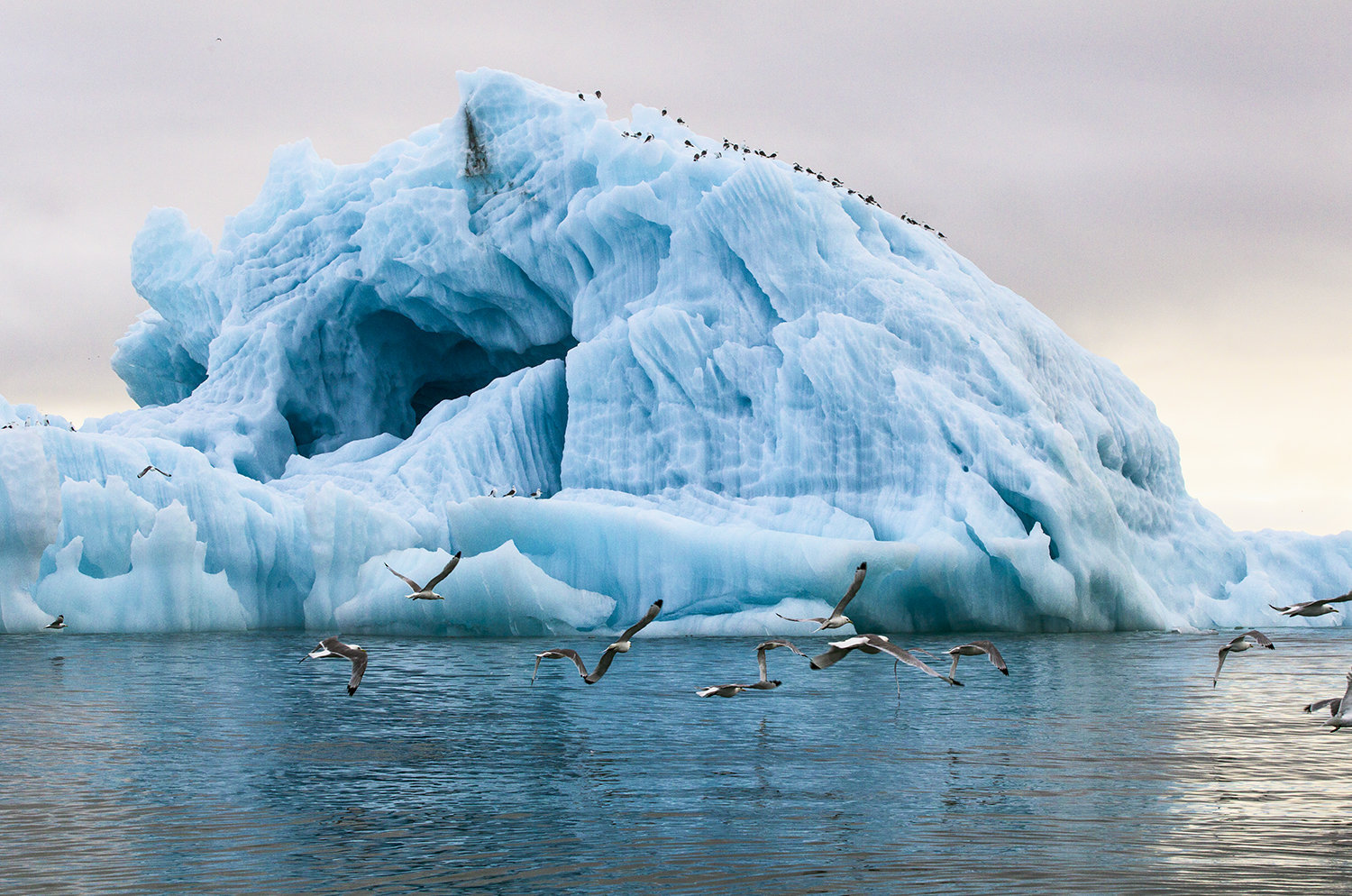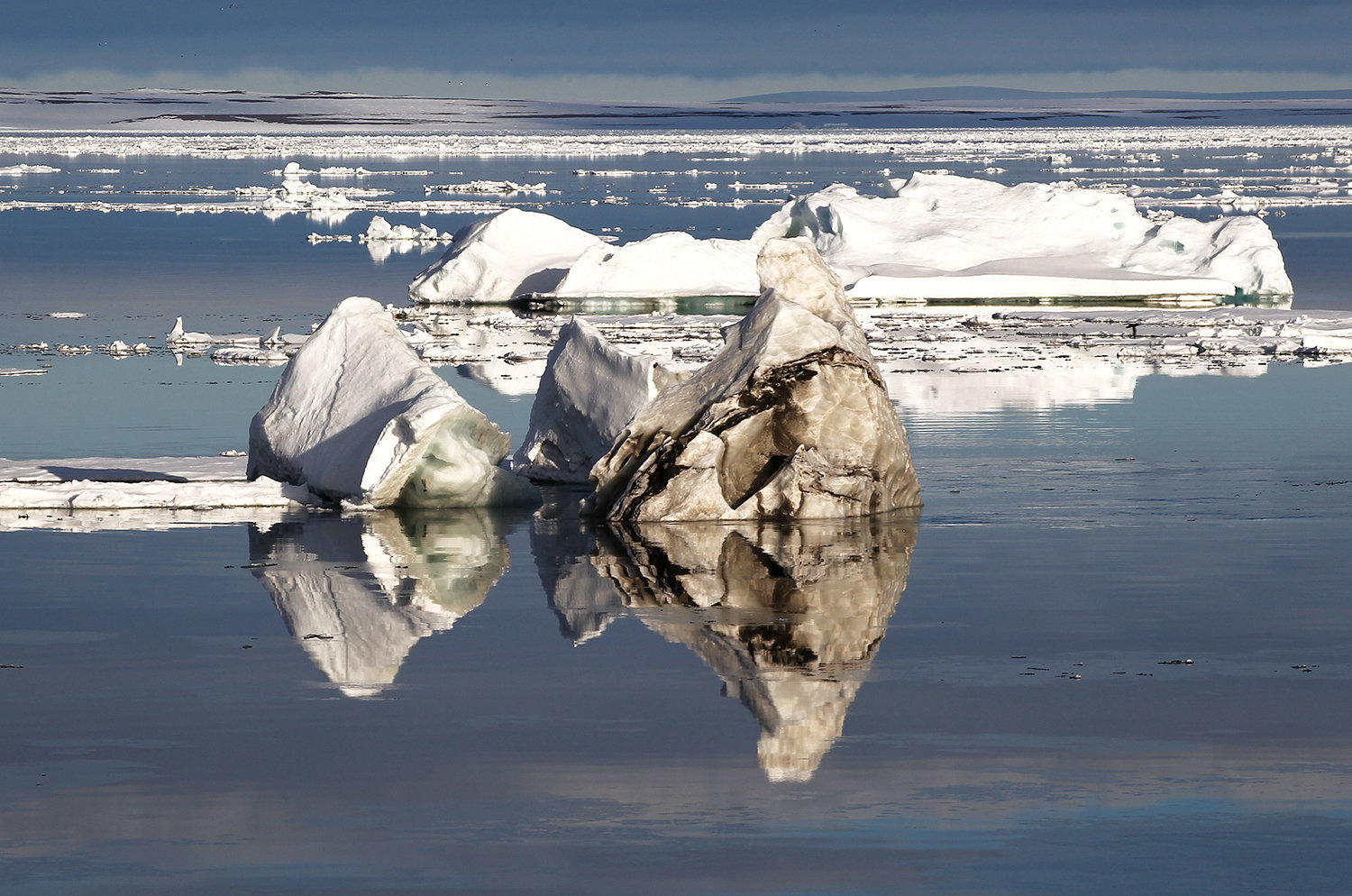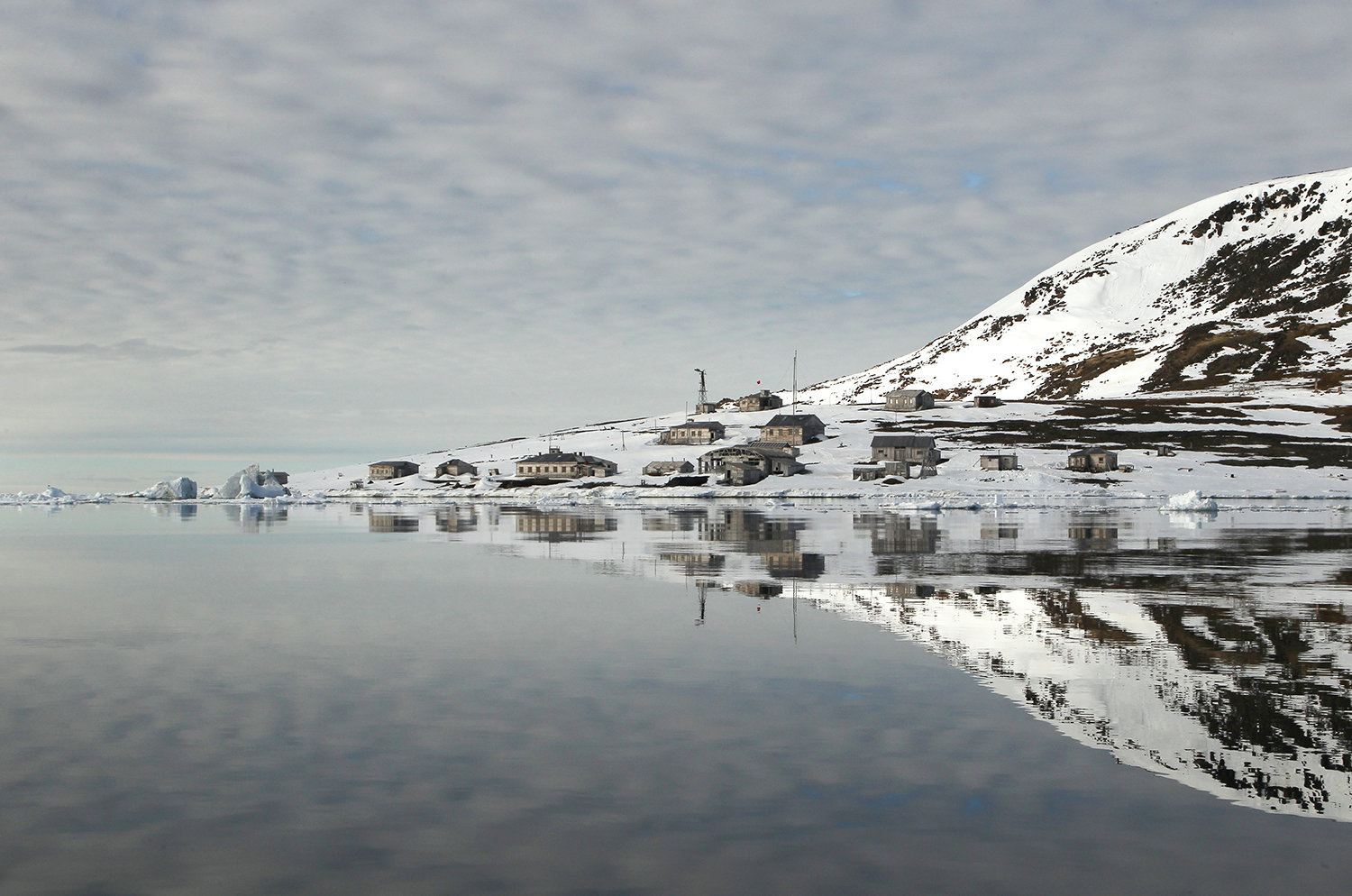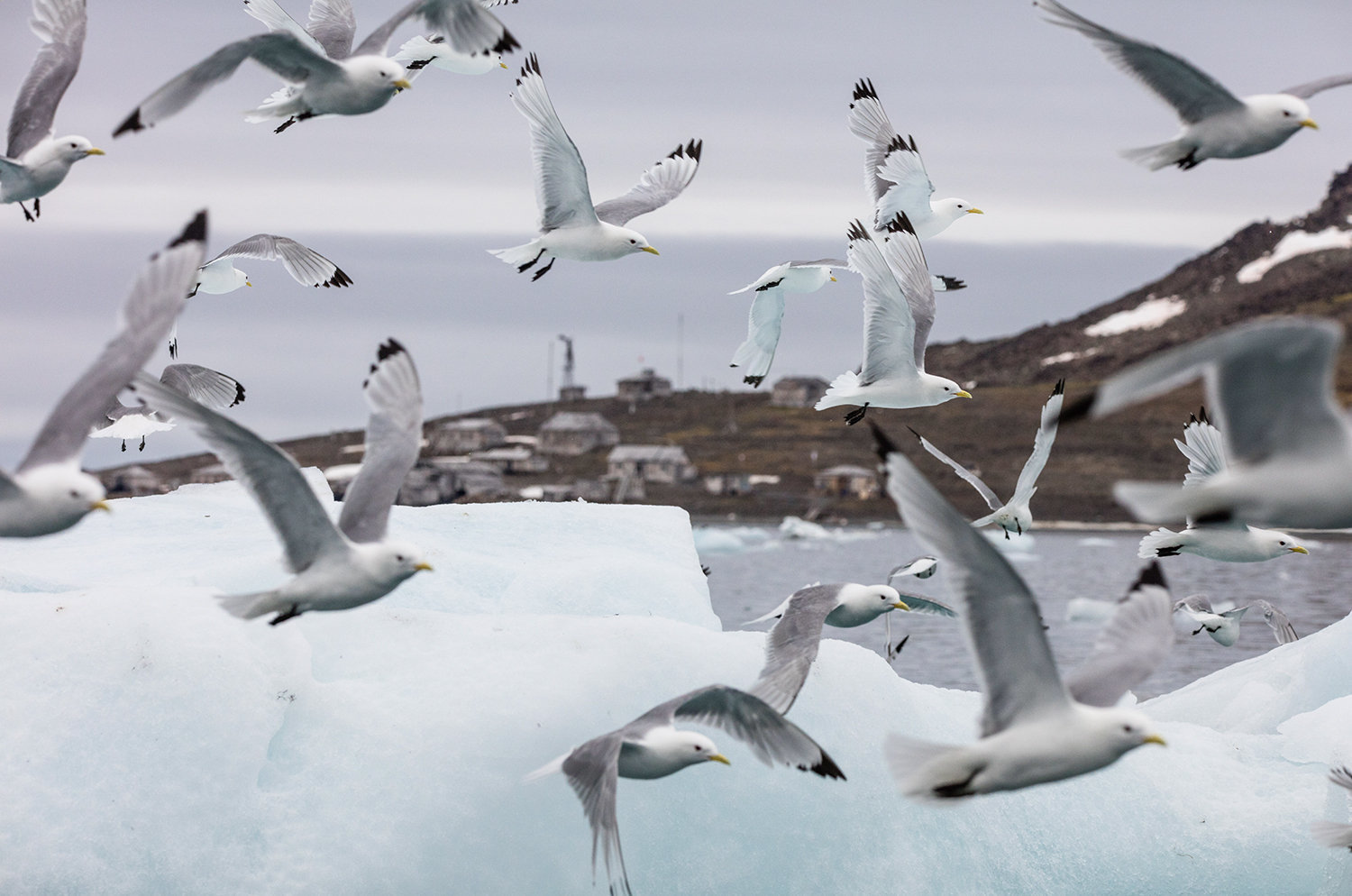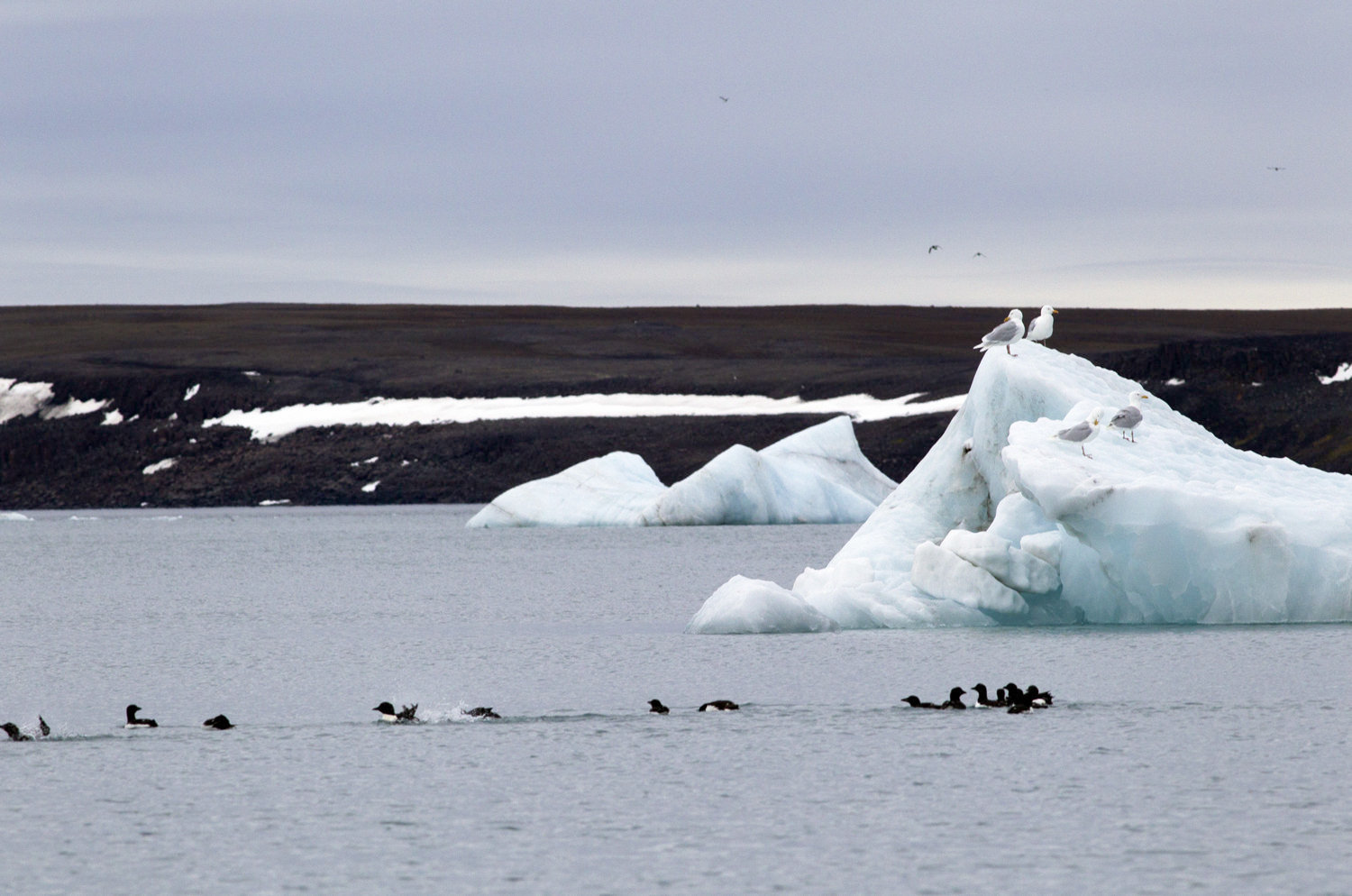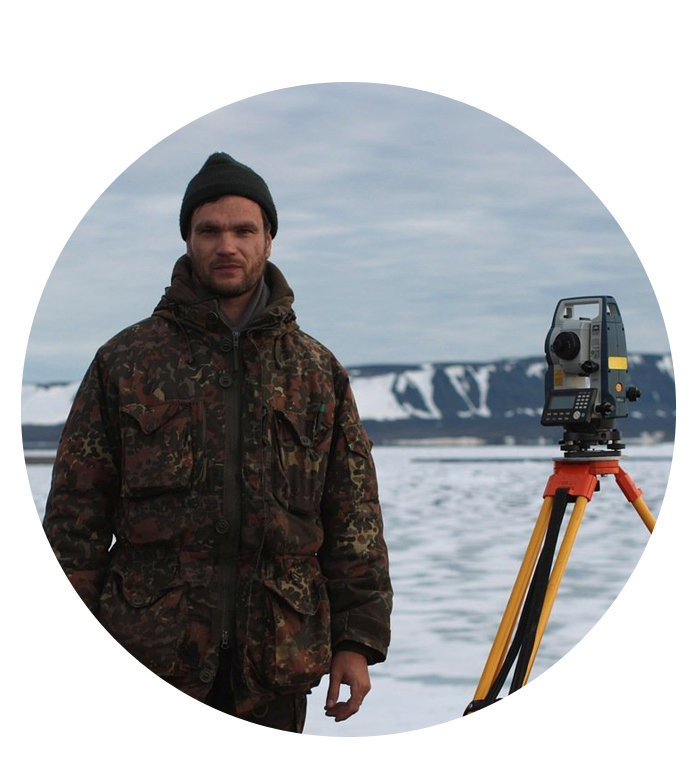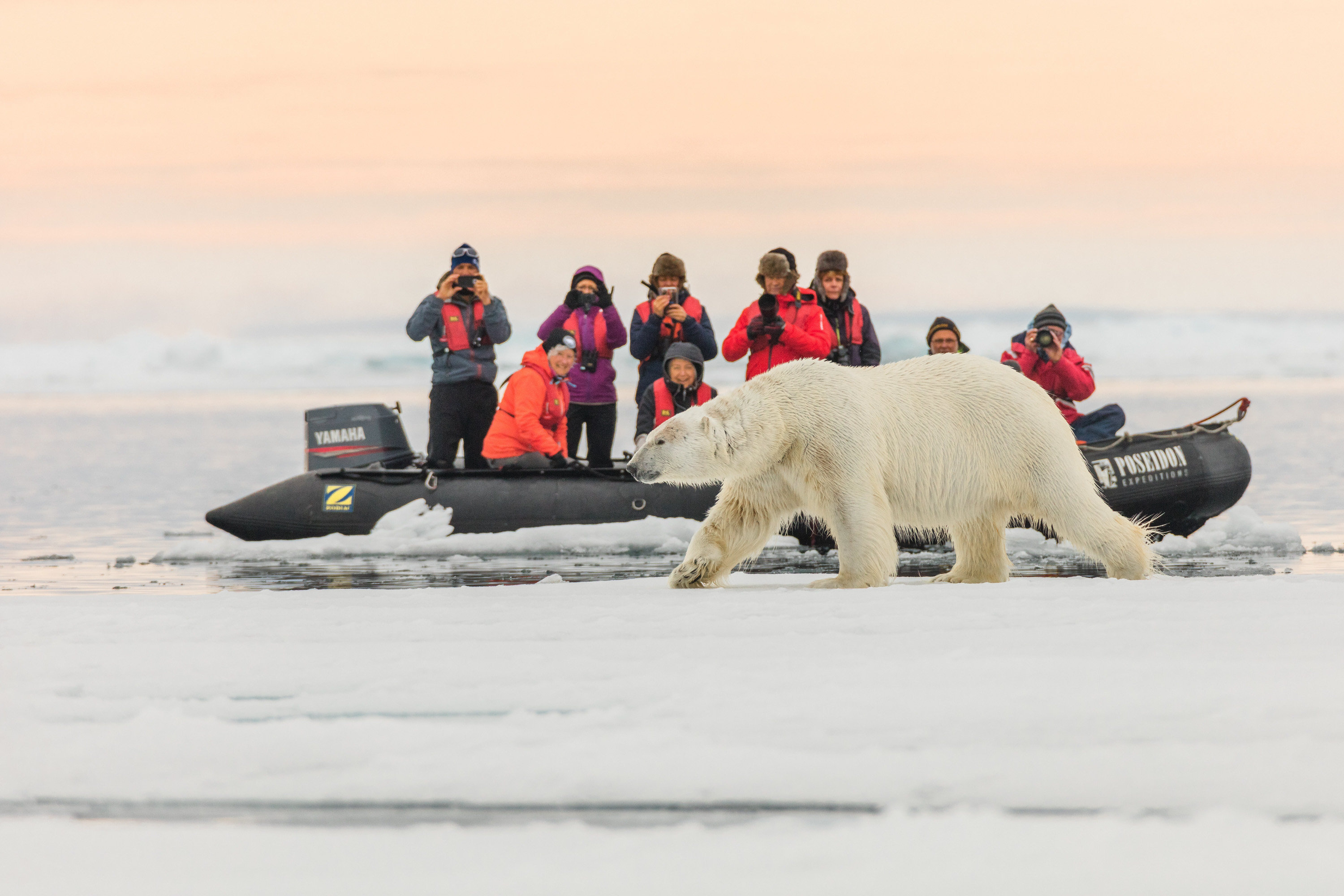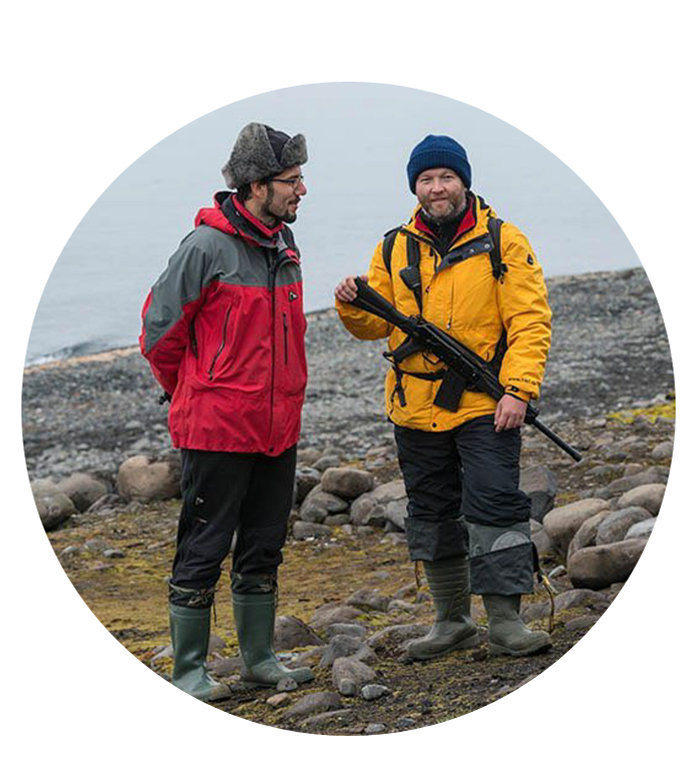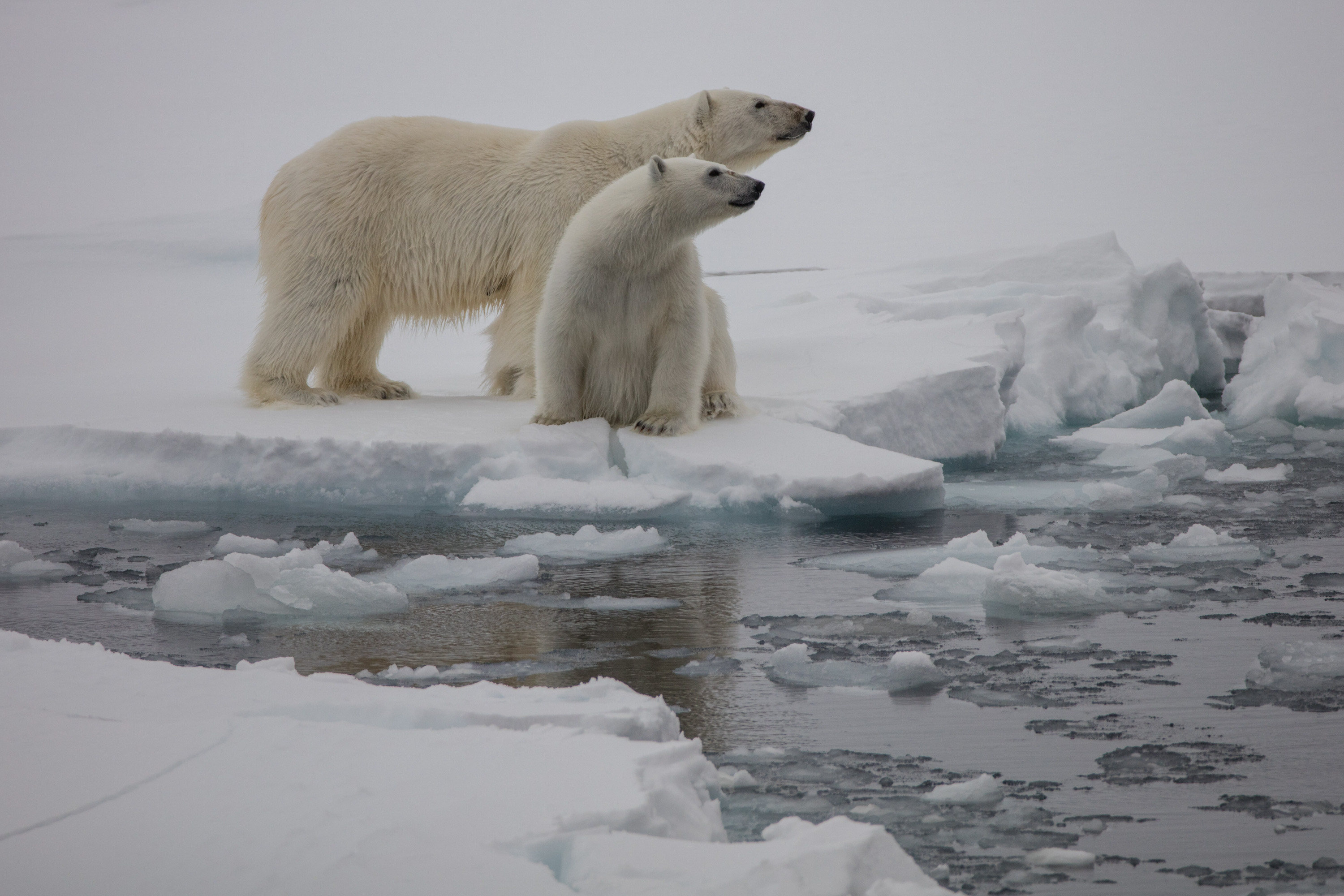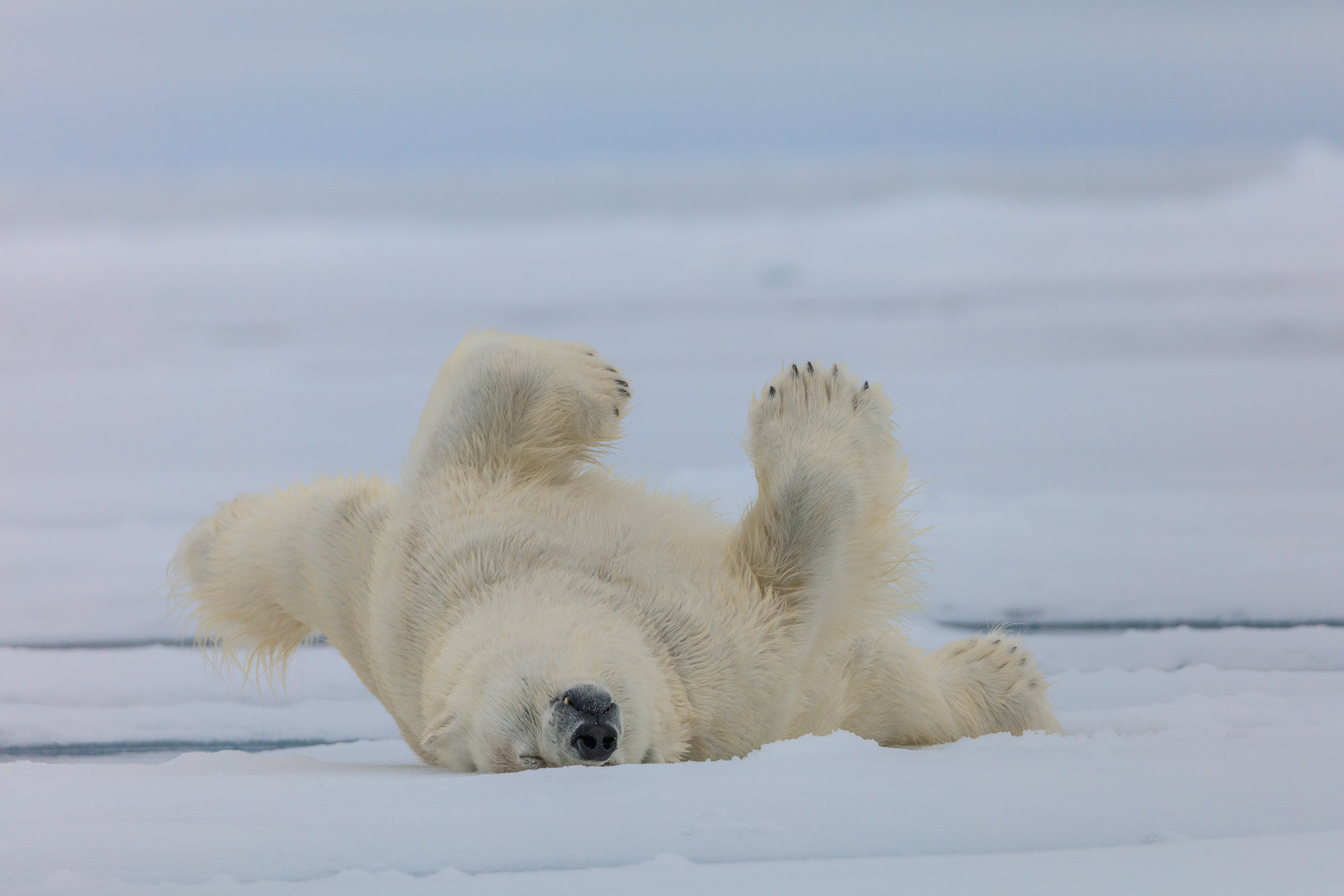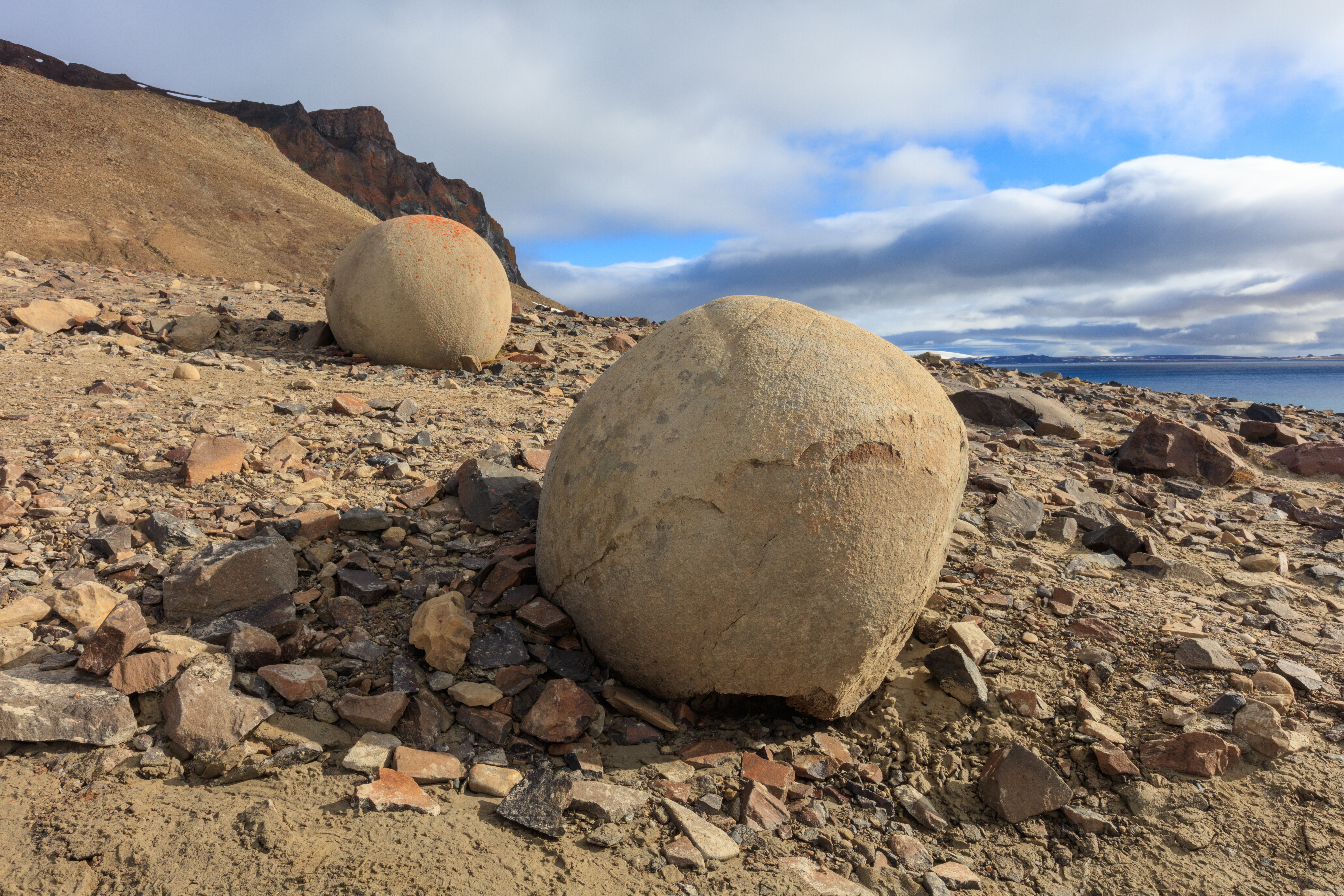Each person develops his or her own romantic relationship with the North. Some relationships are successful, and some are not. The more you learn about this place, the more you think about it in your "normal" life.
The stakes grow each year and with every expedition; this includes your friends, health and family. All this is like a past life. I am not claiming that this will happen to everyone, but it is becoming harder and harder to get rid of an inexplicable world that all of us encounter here. I cannot describe this because I'm not as talented as [polar geologist and writer] Oleg Kuvayev. I always perceive these latitudes as the Arctic, rather than the North. To my mind, these territories have a feminine character. I have been working on this island since March 2016, and I have recently come back here after a vacation. I had to wait two weeks for a helicopter to arrive and take me back to mainland Russia.
Did my expectations come true? Four people, myself included, arrived here, and I was the only one who stayed. They also signed two-year contracts, but none of them is here today. Their expectations were not met. Despite everyday difficulties and logistics problems, calm work and an easygoing lifestyle are the main local dividends.
